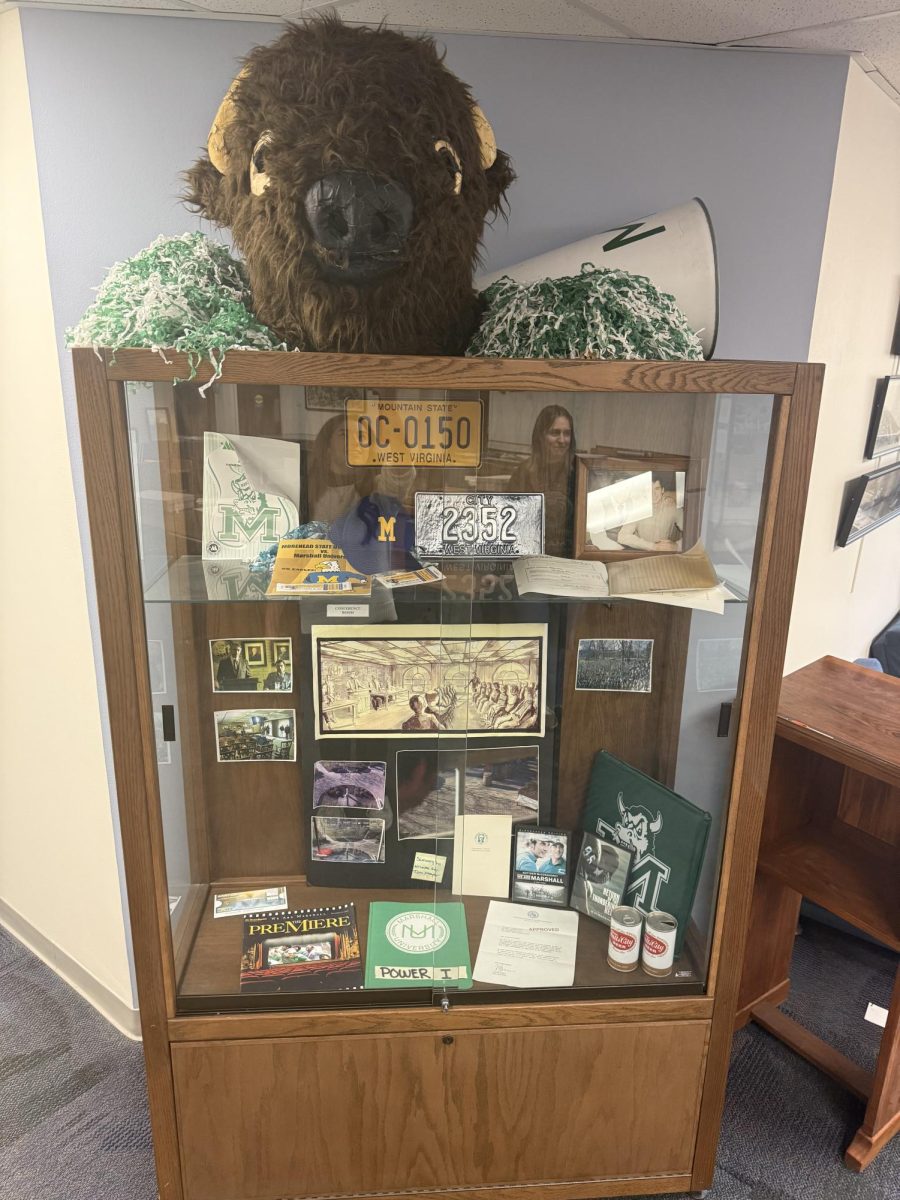The Black History Month Power Hour celebrates Black history through the evolution of music in a weekly collaboration between the Office of Intercultural Affairs and WMUL-FM.
Shaunte Polk, the director of Intercultural and International Students for the Office of Student Affairs, said the Black History Month Power Hour was a great and easy way to celebrate Black history.
“What we do is we play songs, like R&B through hip-hop, through the eras. There’s a little from the early ‘60s through the early 2000s,” Polk said.
She also said the Power Hour sometimes has a theme associated with it, such as the broadcast on Feb. 7, which was themed around dance songs.
“We had ‘The Loco-Motion,’ we had ‘The Twist,’ we had ‘Dancing Machine’ by the Jackson 5,” Polk said. “We had MC Hammer, like ‘U Can’t Touch This,’ so that was the setlist for last Friday, and it went over very well. We were encouraging people to get up and dance, have fun.”
Polk said songs are submitted by the listeners, who often provide the historical context for the songs and include personal anecdotes about how they relate to the songs. Originally, the Power Hour’s songs and historical facts were put together by Polk, but she shifted to letting the audience provide their own historical context after viewers started submitting their own.
“When we first started, I would give some background information into it and how they kind of, you know, set the trend or set the tone for the era,” Polk said. “Then, sometimes people were sharing more, so when I started giving that, they would come back and send me an email like, ‘Yeah, I remember that song because I was in the army when this song happened.’”
“They’re like, ‘Yeah, every time I hear that song, it reminds me of when we were over in ‘Nam,’ or something like that,” Polk said, “and I was like, ‘Oh, okay, well, let me change it up.’”
Polk said her favorite artist she’s played during Power Hour must be the Jackson 5.
“They were an African-American family that kind of lasts through the transition from, you know, through the rock and roll through to R&B type music,” Polk said. “They kind of crossed all the genres, and everybody just loved them. Jackson 5 did break a lot of barriers and hit number ones.”
Destiny Tomblin, the coordinator for intercultural/international students, said it’s important to celebrate modern artists alongside classic ones.
“She likes to do a mix of modern artists and traditional stuff because it’s important to celebrate and recognize the past but also put some spotlight on people currently here and doing good things for the community,” Tomblin said.
Tomblin said they believe one of the most interesting things about the music played on Power Hour is the correlation of songs of oppression also celebrating happiness.
“It’s really interesting to look at the parallels between the historical context, so the political context of, you know, making songs about oppression and hardship and also lyrics about celebrating life and happiness,” Tomblin said.
They said it’s more important than ever to celebrate diversity, equity and inclusion.
“Especially in times like this, it’s really important that we celebrate minority cultures to keep exposure to these groups that are being attacked,” Tomblin said.
Tomblin said they believe the most effective method of countering attacks and misinformation against minority groups is to increase awareness and exposure through initiatives such as Black History Month Power Hour.
“One thing that happens during these legislative actions, executive orders or just attacks on social media is that these people are initiating these attacks based on misinformation,” Tomblin said. “The most important combatant to misinformation is exposure to the right information. It’s the idea of activism and advocacy.”
Black History Month Power Hour will continue every Friday through the rest of February at noon.
Ashton Pack can be contacted at pack173@marshall.edu.












